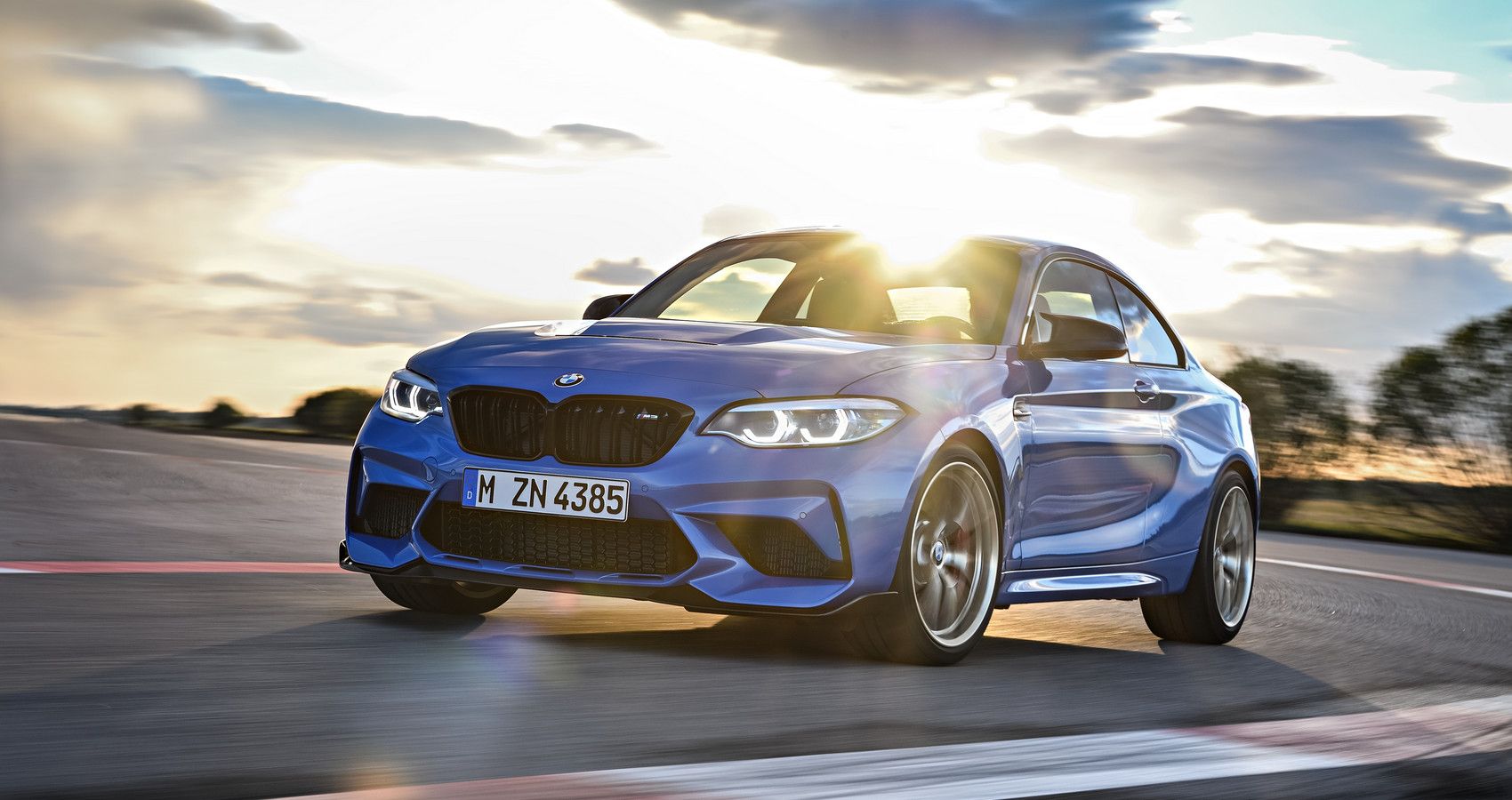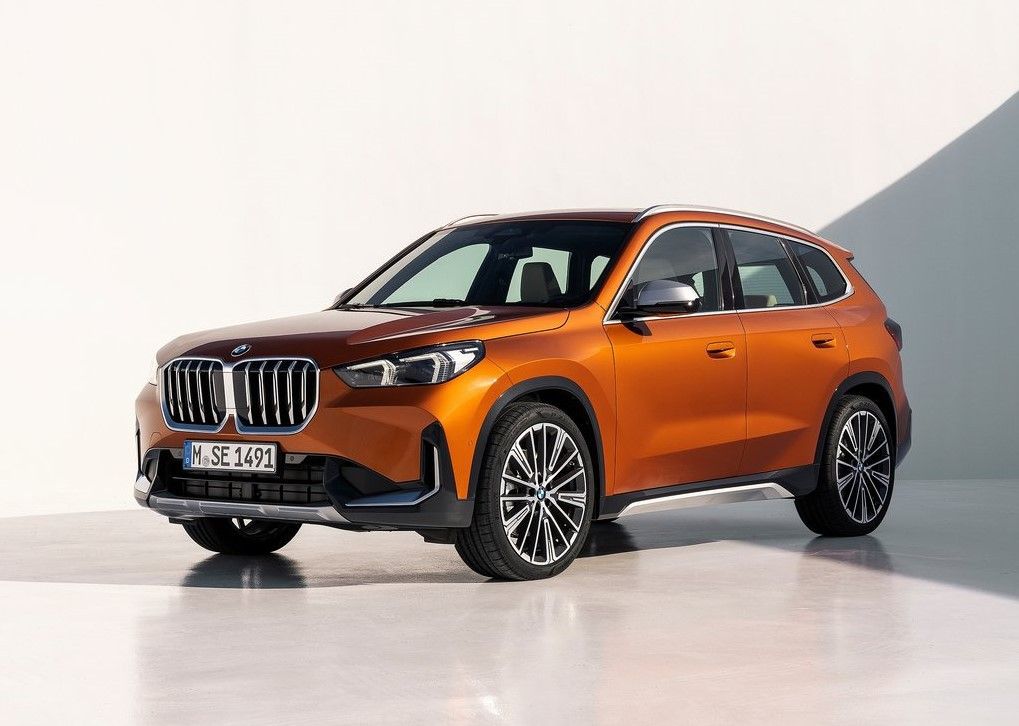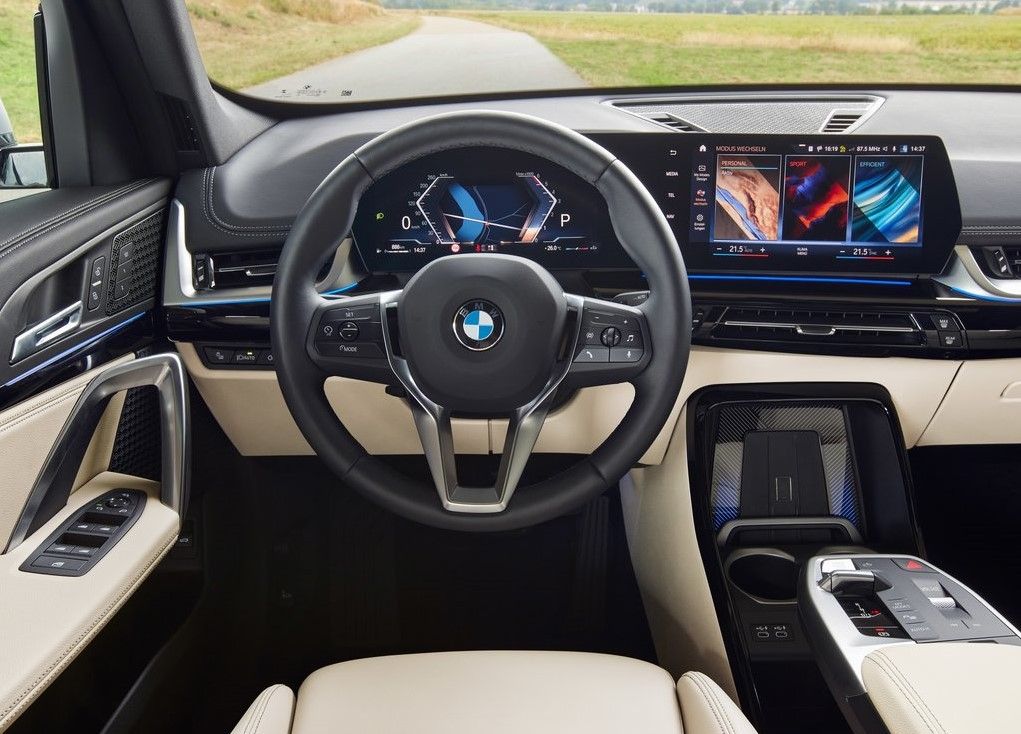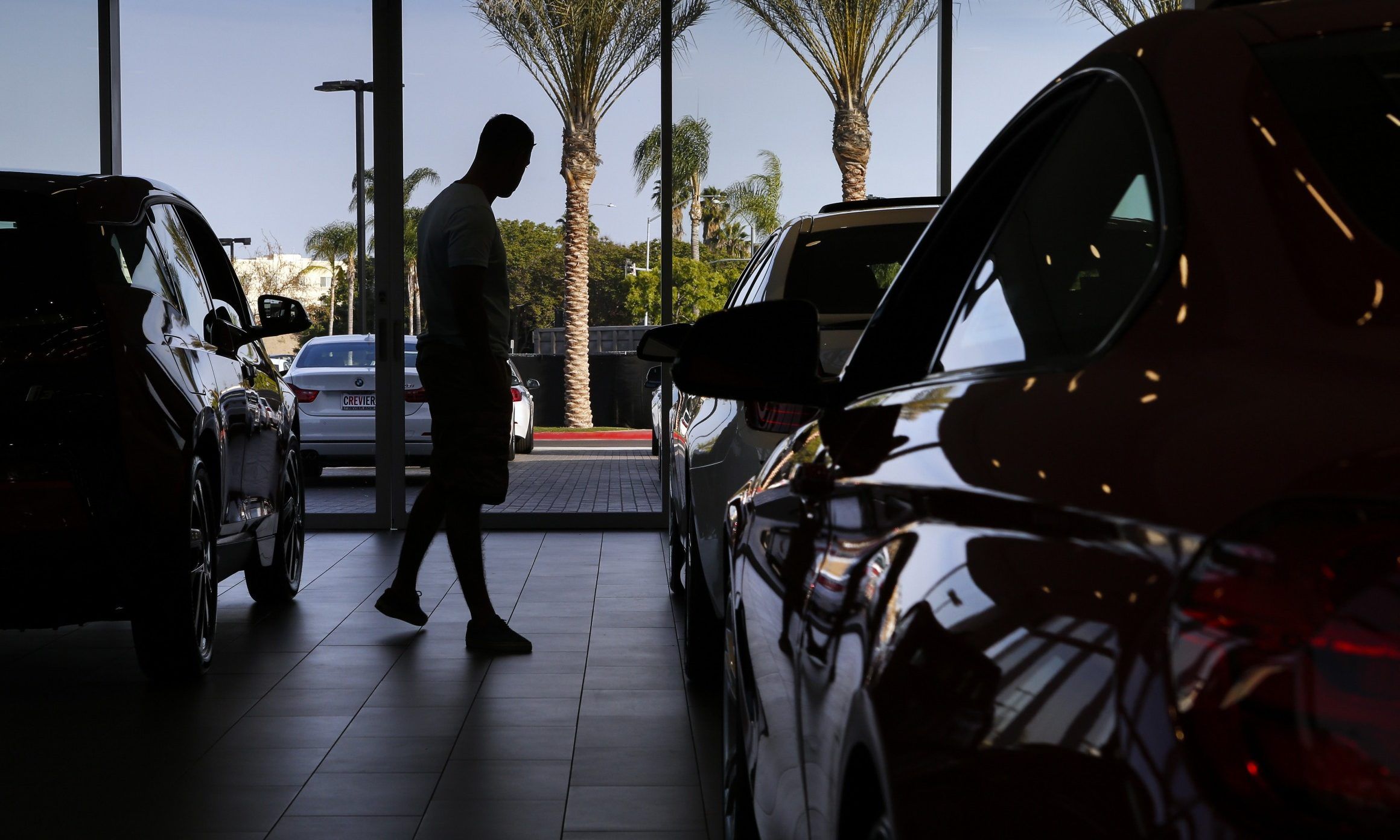While Tesla dominates the U.S. luxury auto market, two contenders BMW and Mercedes-Benz dispute the second ranking. Since the beginning of the year, the German luxury manufacturers have been vying for a second place in the ranking, according to analysis from Cox Automotive. After more than a year of ranking third, right after BMW, Mercedes-Benz made a comeback in the second quarter. However, BMW regained the top spot in Q3. BMW sold 211,118 vehicles in 2022, down from 236,156 units in 2021. Meanwhile, Tesla sold 298,383 units in 2022, up 194,202 vehicles from in 2021. And Mercedes-Benz sold 183,509 units in 2022, down from 197,381 in 2021.
“We utilized our home field advantage,” said Shaun Bugbee, BMW North America’s head of sales. “Our inventory position will improve for Q4.”
While BMW’s performance is rather impressive, it still falls way behind Tesla. Even worse, it seems that even in the European market, Tesla is winning the field while the German automakers are losing market share. For instance, over the first six months of 2022, the Tesla Model Y has surpassed the Mercedes-Benz GLC as Europe’s best-selling premium midsize sport utility vehicle.
Given how competitive the luxury automotive industry is, here's what BMW should improve to draw in more customers.
Stronger Focus On Online Sales
The pandemic has forced automakers and dealers to move online. A survey conducted in April 2020 by CarGurus Inc, (CARG) revealed that 61 percent of car shoppers were receptive to making an online purchase. By contrast, only 32 percent were open to buying a car online prior to the pandemic. Several media channels, including The Wall Street Journal, the Business Insider and Axios, have reported on the change. And this move has created not only opportunities but also challenges. First, because dealers and automakers have to compete against third parties, specifically suited to manage auto sales. Some of these e-commerce websites didn’t have to overcome supply chain issues; thus, when the buyer was shopping for a car, and he became disappointed with the long delays at traditional dealers, he would wind up purchasing a used automobile from an online seller who had inventory. In essence, these disruptive start-ups would deprive dealers of market share. And there were also the big digital commerce platforms like Carvana, who only grew during the pandemic, even thanks to their digital presence. It’s worth noting that since 2013, Carvana has invested $2 billion in the rollout of its digital network.
Automakers have increased their focus on digital sales and created a variety of online tools to compete with the newcomers. BMW, for example, has sped up digital transformation by investing “hundreds of millions annually” until 2025 in the creation of seamless digital experiences for customers. Moreover, BMW expanded its contactless sales tactics devised during the pandemic.
Pieter Nota, BMW board member for customer, sales and brands, told Marketing Week that the digital system allows BMW to create personalized messages that target the relevant customer base. “A very important element in our marketing strategy is to generate a high amount of highly qualified leads, customers that are interested in our vehicles,” he says.
Evidently, these strategic investments are paying off, but BMW needs to continue on the same radical path and create seamless digital experiences for customers. For instance, it could learn a lesson or two from Tesla’s direct-to-consumer (D2C) sales approach, which is currently considered even by other automakers, like Ford.
Focus On In-Cabin Technology
BMW has had a long association with innovation and engineering expertise, but in the modern era, if automakers want to win over customers, they must put a greater emphasis on in-cabin technology. This implies that safety and comfort features like Toyota’s Cabin Awareness, and the Rear Occupant Alert and the Child Presence Detection system, for example, need to be standard. Furthermore, BMW should add cool features like digital door mirrors similar to the ones found on the Honda e that go beyond the standard features that are already present in most vehicles. To be fair, it seems like BMW is already moving in this direction.
“As we’re building the digital products in the car, we are also building out the car as a channel and touchpoint at the same time,” BMW’s VP of Digital Products and Services Dieter May told TechCrunch. “We’ll have our app, a personal assistant etc. and with that, we can create a user profile and provide that to our sales teams.”
Create Customer-Centric Experiences
BMW already has a strong focus on the buyer, but currently it’s using the digital revolution to get closer to the consumer and create seamless experiences. For instance, through the BMW i Visualizer app, consumers can digitally explore the company’s cars and create their future vehicle. This is a brilliant strategy since it involves the client and makes them an active participant in the development process.
“What’s most important for us — and everybody is talking about autonomous driving and electric vehicles and so on — but if we don’t become a customer-centric company, then we are destined to fail,” said Dieter May. “The number of digital elements in our customers’ lives and in the car continues to increase, and if we don’t understand that, we’ve got a problem.”




